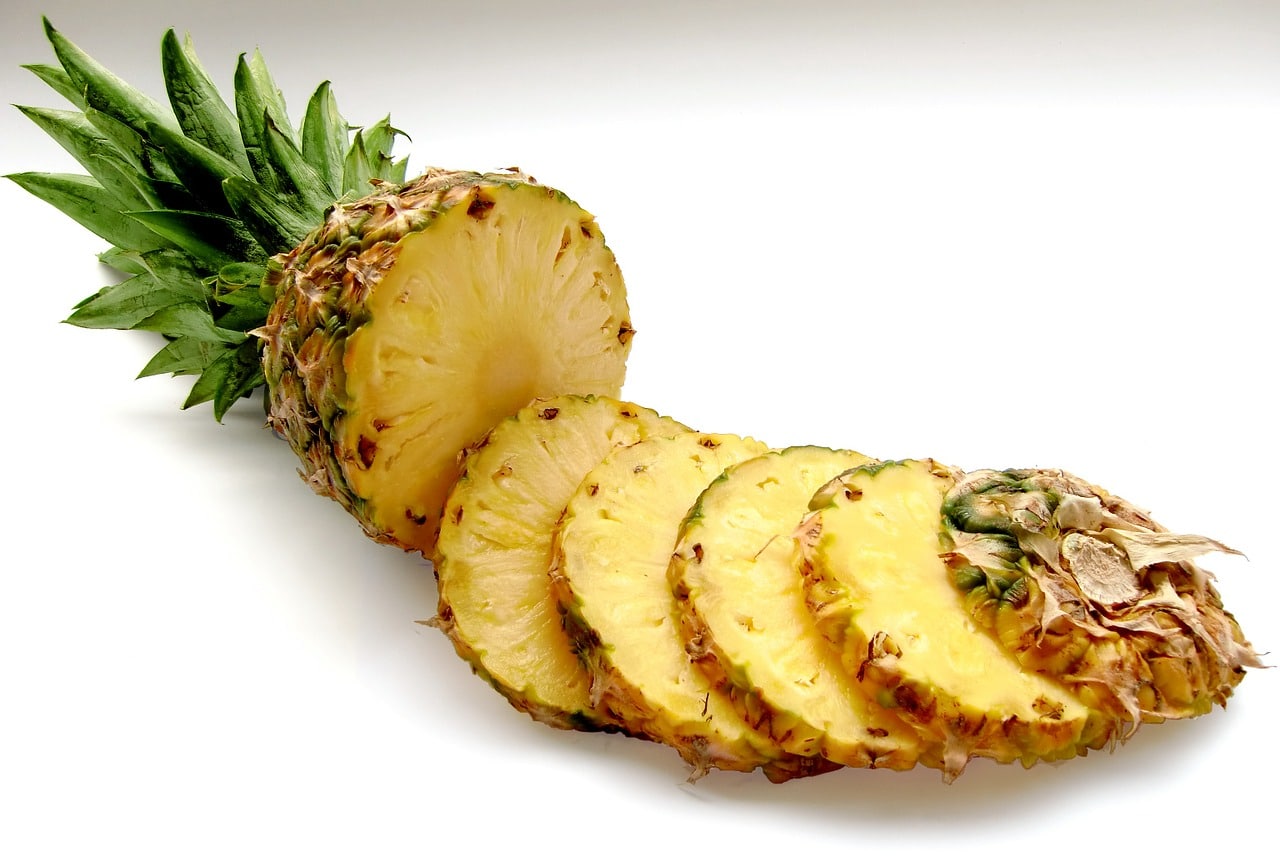When strolling through the produce section, you might find yourself pondering the age-old question: is a pineapple a fruit or a vegetable? While most people categorize it as a fruit due to its sweet taste and common consumption as a dessert, the answer delves deeper into the fascinating world of botany. To solve this mystery, we’ll explore the botanical definitions of fruits and vegetables, examine how pineapples grow, and analyze sources that discuss their classification.
Defining Fruits and Vegetables
To accurately classify a pineapple, we first need to establish clear definitions:
Fruit: Botanically, a fruit is the mature ovary of a flowering plant, encompassing the seeds, covering, and any closely connected tissue. This definition includes a wide range of foods, from the obvious like blueberries and melons to the less intuitive, such as tomatoes, cucumbers, and even grains like corn. The culinary definition of fruit often narrows this down to the sweet and fleshy varieties typically consumed as desserts or snacks. Interestingly, even foods with a somewhat ambiguous status, like rhubarb, have been legally classified as fruits due to their culinary use in desserts.
Vegetable: In contrast, a vegetable is generally defined as any edible part of a plant that is not the fruit. This includes roots (carrots), stems (celery), leaves (lettuce), and even flower buds (broccoli). This distinction highlights a key point: many foods we commonly consider vegetables, such as tomatoes, cucumbers, and squash, are actually fruits from a botanical perspective.
The Pineapple’s Growth and Development
Pineapples are unique in their growth pattern. They are not grown on trees, as some might believe, but rather emerge from a leafy plant close to the ground. The plant produces a flower stalk from its center, which develops into a cluster of more than 100 flowers. These flowers fuse together to form a single fruit with a tough outer rind and a juicy, fibrous interior. This type of fruit, formed from multiple flowers, is known as a “multiple fruit“. What makes pineapple particularly interesting is its classification as a “multiple fruit.” This means it develops from the fusion of many individual flowers, each contributing to the final fruit structure.
It takes about two to three years for a pineapple to grow, depending on the location and growing conditions. Warmer temperatures generally lead to faster growth. Interestingly, pineapples can also be grown from the top portion of mature fruits called “crowns“.
Unraveling the Pineapple’s Identity
Based on the botanical definition of a fruit, the pineapple undoubtedly falls into this category. It develops from the flower of the pineapple plant and contains seeds, fulfilling the criteria for a fruit. This classification is supported by various sources. Articles and online encyclopedias explicitly state that pineapples are fruits.
Interesting Facts about Pineapples
- Bromelain: Pineapples contain an enzyme called bromelain, which can cause a sore mouth if you eat too much fresh pineapple. Bromelain is a group of digestive enzymes that may help break down protein molecules, making it easier for your small intestine to absorb them.
- Nutritional Benefits: Pineapples are a good source of fiber, vitamin C, and manganese. They also contain antioxidants and other beneficial compounds that may help boost immunity, lower cancer risk, and improve recovery time after surgery.
Conclusion
While the culinary world might sometimes blur the lines between fruits and vegetables, the pineapple’s botanical origin firmly places it in the fruit category. Its development from a flower cluster into a seed-bearing structure aligns perfectly with the definition of a fruit. The pineapple’s unique growth pattern, where multiple flowers fuse to form a single “multiple fruit,” further adds to its fascinating nature. Therefore, based on its botanical origin and development, the pineapple is definitively classified as a fruit, specifically a unique type called a multiple fruit. So, the next time you enjoy a slice of this tropical delight, remember that you’re indulging in a fascinating example of nature’s intricate creations – a fruit that challenges our preconceived notions and expands our understanding of the plant world.

